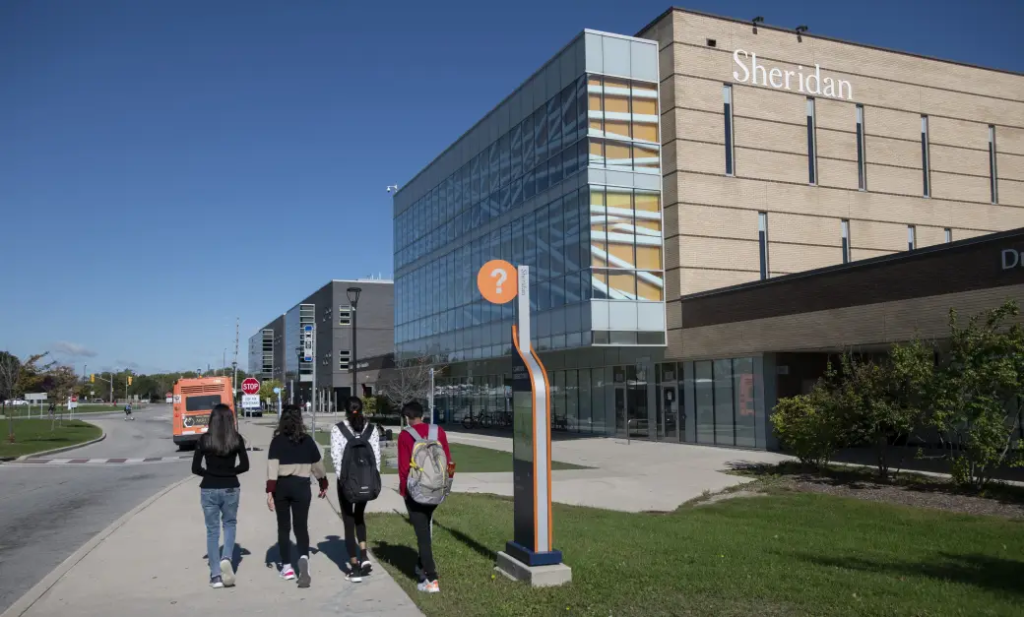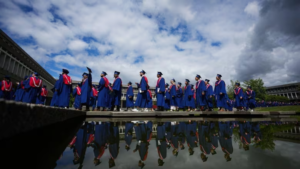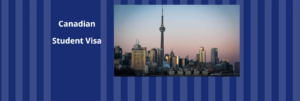
British Columbia’s Ministry of Post-Secondary Education and Future Skills has recently announced new measures aimed at enhancing the integrity of the province’s international student program.
Table of Contents
According to a statement from the Ministry, the new regulations will introduce additional protections and establish higher standards for designated learning institutions (DLIs) in the province. One of these measures is the Education Quality Assurance (EQA) code of practice.
The EQA has three primary objectives. Firstly, designated learning institutions in B.C. will focus on “limiting international student enrollment to 30% of the institution’s total enrollment.”
This limit will only apply to public designated learning institutions (DLIs) in the province, while private DLIs will remain unaffected.
In an email to CIC News, a representative from the Ministry noted that many of British Columbia’s 25 public post-secondary educational institutions already have international student enrollment below this percentage.
When asked whether the 30% cap on international student enrollment is in addition to the current provincial limit set by the number of Provincial Attestation Letters (PALs) B.C. plans to issue this year, the Ministry did not clarify. However, they indicated that the distribution of attestation letters is aligned with supporting international student programs at public DLIs.
The Ministry also stated that staff would collaborate with institutions to provide adequate time for them to adjust their student recruitment strategies in order to meet the new target while managing any financial impacts. Institutions will be expected to utilize their international education strategic plans, outlined in the new guidelines, to discuss their approaches for achieving the enrollment threshold.
For 2024, British Columbia has been allocated 83,000 PALs, which confirm that a student has been accepted to a DLI in the province. This is a new step in obtaining a study permit in Canada, introduced by Immigration, Refugees and Citizenship Canada (IRCC) following the announcement of a cap on the number of study permits to be processed over the next two years.
The allocation of PALs to each province is based on population size. British Columbia ranks as Canada’s third most populous province, following Ontario and Quebec. The distribution of these letters among DLIs is determined by the provincial government. In B.C., 53% of PALs will be issued to public post-secondary institutions in 2024, while 47% will go to private institutions.
Transparent Fees for International Students
British Columbia expects DLIs in the province to publicly disclose tuition fees for the entire duration of a student’s program. This initiative will enable incoming students to understand the total cost of their education before they arrive and assist them in budgeting for their life in Canada.
International students significantly contribute to Canada’s economy. A recent report from Global Affairs Canada revealed that international student spending exceeded $37 billion in 2022. Statistics Canada data indicates that, in the 2023/2024 academic year, international undergraduate students paid an average of $38,081 in tuition alone. Currently, B.C. hosts 111,900 international students in public institutions.

Meeting Standards
As part of the EQA, the province will require institutions to “meet or exceed the institutional quality assurance standards set by the province,” which applies to both public and private institutions enrolling international students.
These standards encompass the development of international education strategic plans, enhanced student services, housing support, and ensuring that Indigenous and domestic students are not displaced.
These requirements build on the International Framework Measures introduced by the province in January, which included a pause on the growth of the number of DLIs, increased oversight of private institutions, and strengthened compliance and enforcement actions. The province considers these new measures to be Phase 2 of their efforts.
Institutions adhering to the code will receive an EQA designation, while those that fail to comply will lose their EQA status, rendering them unable to accept international students.
FOR MORE INFORMATION CLICK ON : https://esseindiacomplaints.com/





